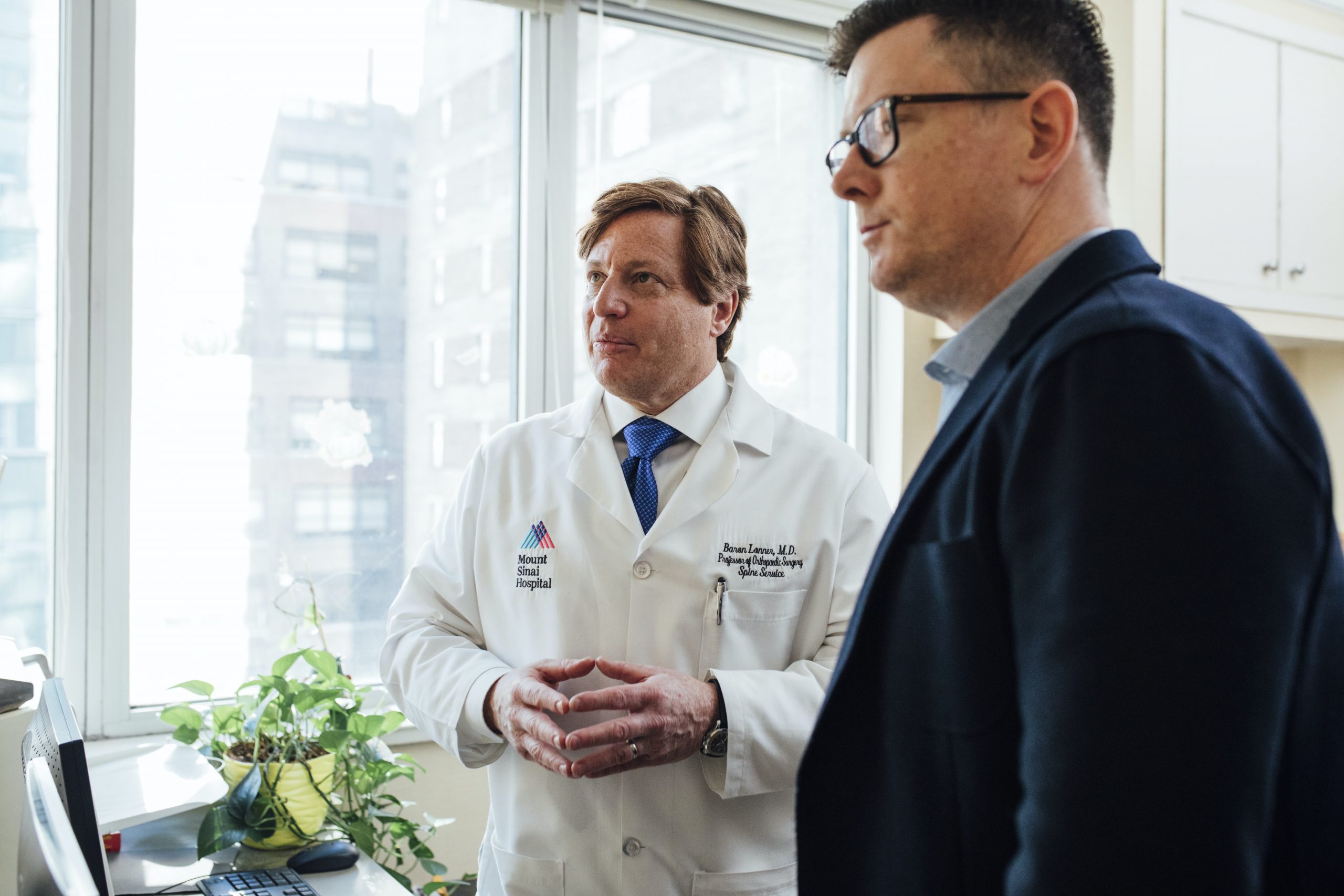Applying for Residency During COVID-19 was originally published on HospitalRecruiting.
 pexels.com/@linkedin
pexels.com/@linkedin
To say the least, there have been significant changes to medical student education during this COVID-19 pandemic. Some of these changes include transitioning to remote learning and cancelation of clerkships and electives. Students applying for residency training this fall experience these changes as especially disruptive. Understandably, they are worried about how the pandemic will affect the residency application process and the competition for choice residency spots. There are concerns about access to away rotations, which are a common practice for medical students expressing interest in a particular residency. Cancelled clerkships or delays in scheduling USMLE exams are also of concern. Students may be disappointed when they are unable to engage in highly anticipated clinical rotations. Also problematic is the inability to build relationships with supervisors and mentors.
Not all the above experiences can be replicated virtually, but there are ways students in their clerkship or final years of medical school can demonstrate interest in a particular specialty and engage in their chosen work during these chaotic times.
Clinical Electives. While most medical schools have canceled clerkships and in-person clinical electives, many specialty services remain actively engaged in clinical work and educational case conferences using audiovisual technology. These services could provide an opportunity to gain additional exposure to clinical work and to learn skills related to telemedicine. Students can reach out to the faculty who run these services to see if they would be willing to host a virtual experience.
Non-contact Team Support. Medical students have been involved in supporting hospitals through volunteer efforts during the COVID-19 crisis. Some of these activities are interacting with superiors and patients, such as:
- Checking on patients isolated at home
- Keeping family members updated
- Scheduling telehealth visits for patients who have outpatient providers
- Fundraising
- Supplying babysitting services for healthcare workers
- Sourcing supplies
- Providing tech support
Medical students should inquire as to needs and opportunities at their own institutions.
Scholarly Projects. Now is a great time to become involved in new scholarly experiences related to your specialty of interest. A scholarly project might include working on a review paper (e.g. ethical challenges in healthcare resource allocation, the impact of COVID-19 on front line health care workers), or a case report with a clinical or research faculty member.
If you are less interested in writing or research, you might instead choose to participate in an ongoing quality improvement (QI) initiative within the specialty department by contacting the identified faculty or staff member in charge of QI work. You could also work with a pre-clinical course director to develop new curricular experiences, including virtual learning opportunities. Inquire about elective credit for these experiences.
Independent Learning. Rapidly changing information provides a constant flow of new information. Many specialty organizations have space on their websites dedicated to COVID-19. Scientific journals are publishing articles quickly on their online sites. Many of those same sites are offering free webinars and learning modules. Remain informed and current when you return to on-site clerkships or electives. These will help you write your personal statement and speak well at residency interviews.
Involvement with National Organizations. Many regional and national specialty and subspecialty organizations have free or heavily discounted membership options for medical students. Join one of these organizations and take advantage of resources they offer, such as online learning and mentorship programs.
Personal Statements. Consider including observations from personal and professional experiences during the COVID-19 crisis:
- How did the cancelation of clerkships affect you?
- What role did you play in supporting the mission of your medical school or hospital?
- Did you acquire new skills?
- What did you learn about yourself? How will you use this new knowledge in your career development?
- What have you seen as the mental health impact of the pandemic on frontline healthcare workers and patients?
Top priority is maintaining your own wellness and safety, and that of your family and friends, during this frightening and difficult time. Only you know what a reasonable load is for you. Follow the rules and restrictions of your school, city, and state. If you find yourself turning to alcohol, improper drug use (street or prescription drugs), sexually acting out, or other self-destructive behaviors, talk to your primary provider, one of the faculty of the med school, or a mentor. You will be respected for taking action before others must take action in the interest protect patients and society.
This would be a good time to form a support group with a few peers, for an hour or two, once or twice a week, perhaps with a faculty facilitator. When you ask potential participants, you’ll be met with eagerness and relief, and gratitude for your courage to say what many are thinking and feeling.
You got this.
Together.


